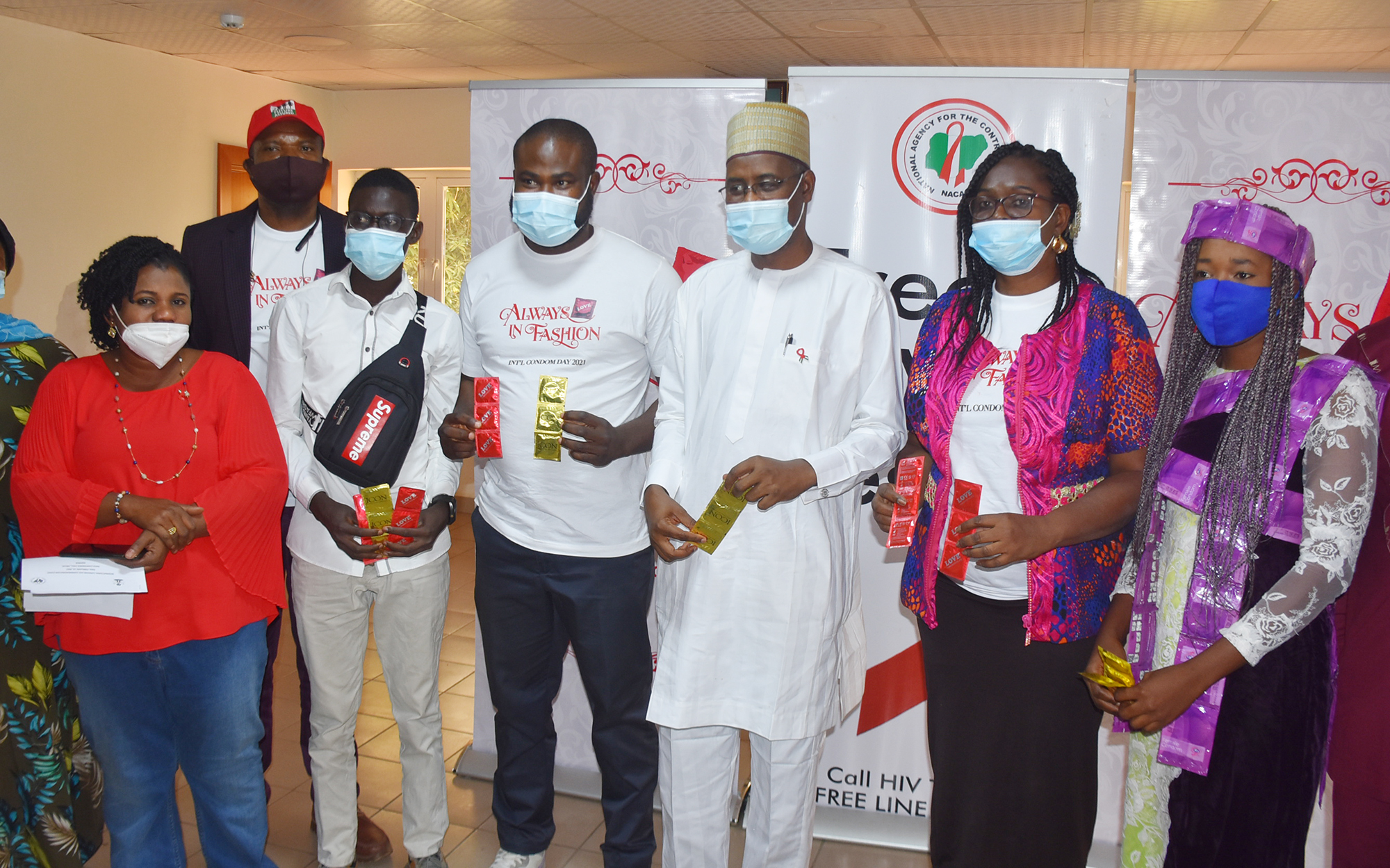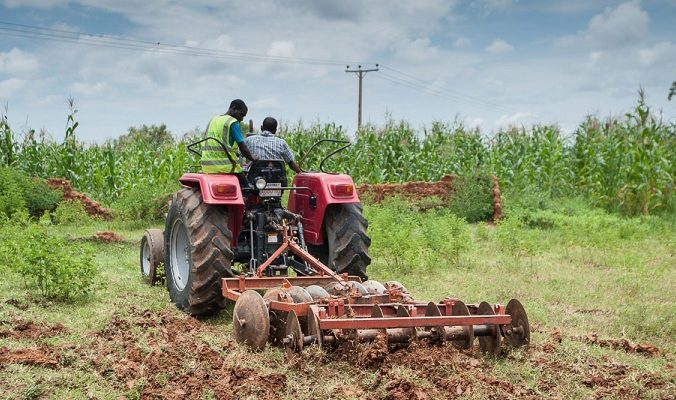Business
Shippers Council To Become Transport Commission
The House of Representatives has passed a bill for an Act establishing the National Transport Commission (NTC) as an independent multimodal transport sector regulator.
The bill, which is now up for concurrence in the senate, would transmit the Nigerian Shippers Council (NSC) into N T C and transfer the staff, properties, rights,debts,liabilities,obligations, function and powers Currently vested in the NSC to NTC
Essentially, the main objectives of the bill is to provide efficient economic regulatory framework for the transport sector, mechanism for monitoring compliances of government agencies, transport service providers and users in the regulated transport industry with relevant legislation and to advise government on matters relating to economic regulation of the regulated Transport industry.
The bill, prepared by chairman, House Committee on land transportation ,
Hon. Aminu Sani Isa, and sponsored by Hon. Osai Nicholas had identified critical areas requiring urgent reforms to reposition the sector and add value to the economy.
It argued that though one of the cardinal objectives of the transport sector reforms introduced by the federal government was to bring about efficiency in the area of service delivery and reduce cost of doing business
in the industry, charges have however, continued to increase, thereby forcing many transport users to take their business to rival port in the West African Sub Region , with consequent massive revenue losses to our nation.
Speaking on the transformation of NSC to NTC, Isa said, “It was highly observed that the thrust of the NTC Bill is economic regulation. To a great extent this is also the main thrust of the NSC Act. For example, section 6(1) (b) (c), and (h) of the draft NTC bill 2015, and section 3 of the NSC Act, Cap N133, LFN 2004 have similarities of functions.
He said “The NSC has since its creation in 1978, established national spread and accompanying assets including a 12 storey twins towers that serves as its head office complex in Lagos, a four-storey two wings Liaison Office Complex in Abuja, well equipped library and an expansive training rooms as well a fleet of operational vehicles.
“The Council also has six zonal offices in the six geo-political zones as well as area and port offices spread across the states of the federation, by virtue of its experience and the fact it has been performing.
Similar economic regulatory functions in the port sub-sector of the transport industry, the council is most suitable and easily adaptable to perform the role of an economic regulator”
The transformation is also aimed at saving cost, reduce duplication of agencies and easy adaptability among others.
Business
Prioritise Agro-Processing, Ex-FIIRO Boss Charges Women Farmers

Business
ActionAid Urges Media Support For Inclusive Food Systems

Business
AGRA, Nestlé, TechnoServe Unveil $1m Climate-Smart Agric Project

-
Niger Delta3 days ago
Otu’s Wife Champions Healthcare Access For 500 Elderly Citizens
-

 News3 days ago
News3 days ago2024: No Oil Licencing Guidelines Violated – NUPRC Boss
-
News3 days ago
World Environment Day: Researcher Advocates Sustained Citizens Enlightenment
-
Women3 days ago
IPC, NAWOJ Move To Encourage More Women In Politics …Seek Growth In Journalism
-
Sports3 days ago
Bayelsa, Others Vyinng To Host 2028 NSF
-
Rivers3 days ago
Police Arrest Notorious Car Snatcher In Rivers
-

 News3 days ago
News3 days agoNatasha Disowns Viral Tape Blackmailing Tinubu
-
Business3 days ago
Bonny Plans Culture, Tourism Expo

